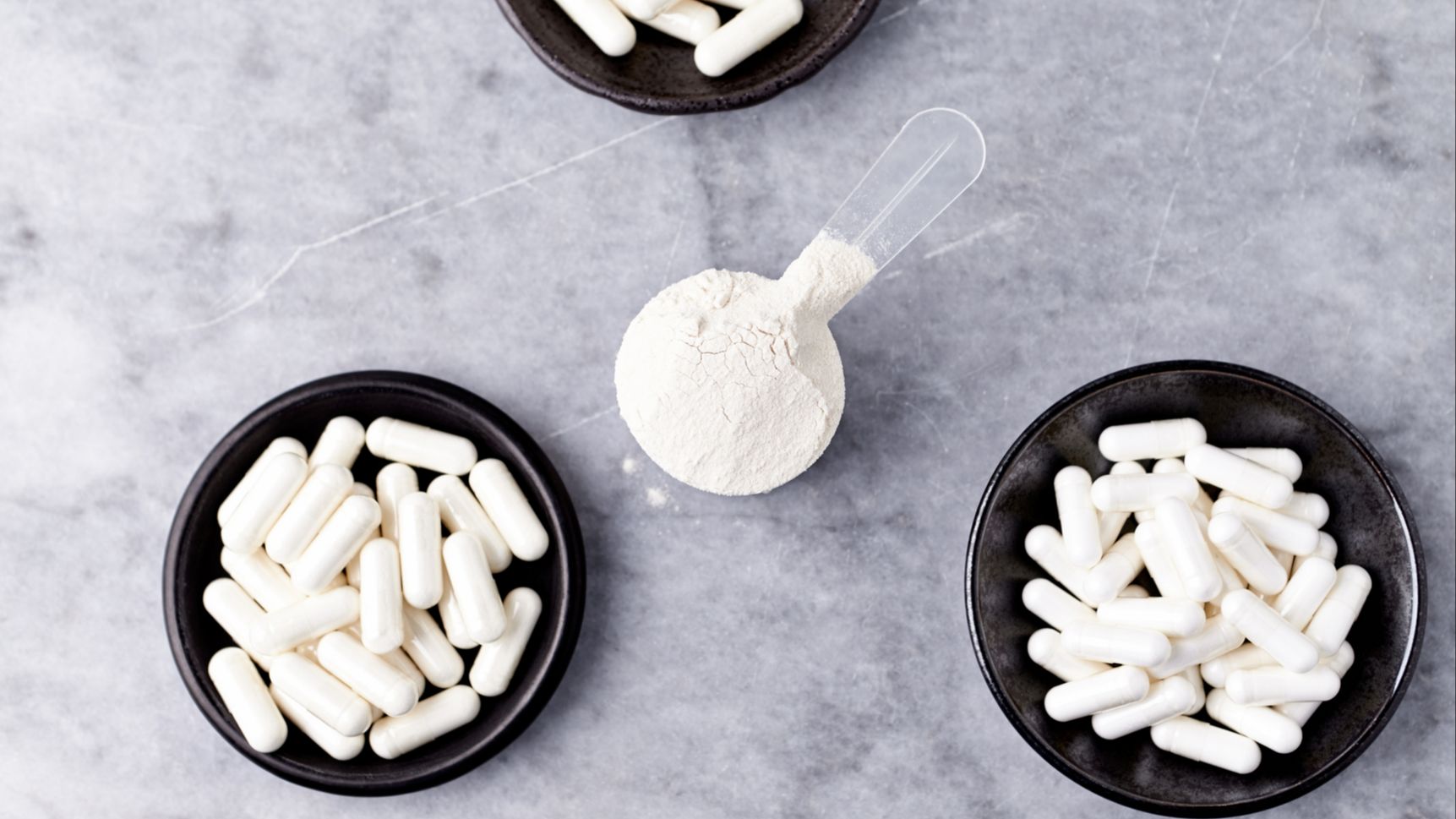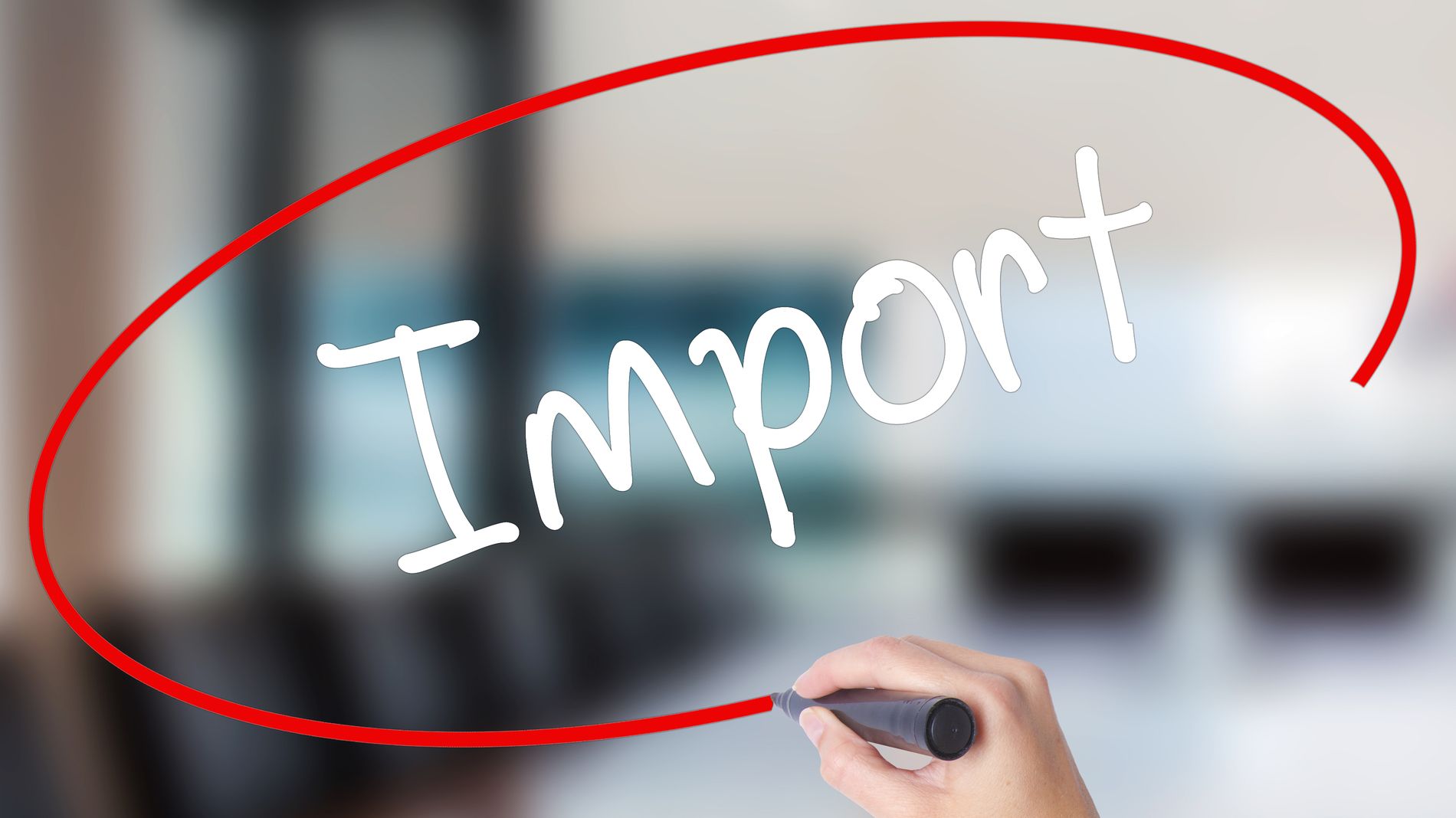FSVP Compliance for Dietary Supplement Importers: What You Need to Know

Importing dietary supplements into the United States requires strict adherence to FDA regulations designed to protect public health. The Foreign Supplier Verification Programs (FSVP) rule requires importers to verify that the food they import meets U.S. safety standards. For dietary supplement importers, understanding these requirements is critical to maintaining compliance and avoiding costly delays or penalties.
Understanding FSVP and Its Purpose
The FSVP regulation, established under the Food Safety Modernization Act (FSMA), fundamentally shifts responsibility to importers to ensure their foreign suppliers meet U.S. safety standards. The rule requires importers to perform certain risk-based activities to verify that food imported into the United States has been produced in a manner that meets applicable U.S. safety standards.
For FSVP purposes, the importer is the U.S. owner or consignee of a food product at the time of import. If there is no U.S. owner or consignee, the importe...
Guide to Importing Dietary Supplements

When importing dietary supplements into the United States, importers must comply with the U.S. Food and Drug Administration (FDA) regulations. Specific FDA regulations govern proper labeling, approved ingredients, and more. Taking care to properly file a Prior Notice before the shipment arrives at the port is essential.
Our guide below provides importers with everything they need to know about importing dietary supplements into the U.S.
What are Dietary Supplements?
Dietary supplements are foods that are orally ingested, usually in the form of a pill, tablet, capsule, gummy, liquid concentrate, powders, drinks or energy bars. They are taken to supplement the diet, promote general health and well-being, and affect the structure or function of the human body (like drugs). Dietary supplements must be ingested, so they are never topical creams, ointments, or oral or nasal sprays. The FDA will review how a product is marketed when classifying how to enforce its standards and failing to d...
Importers Issued FDA Warning Letter for FSVP Violations

U.S. Food and Drug Administration (FDA) recently issued multiple Warning Letters to importers for failing to comply with the Foreign Supplier Verification Program (FSVP). This program requires all importers of food and dietary supplements to verify their foreign suppliers compliance with U.S. food safety regulations. If the FDA identifies a shipment in violation of FSVP, then the FDA may issue a Warning Letter to the importer that gives them 15 days to correct the violation. If the violation is not remedied, then the FDA may seize the products, require them to be destroyed or reexported.
Pursuant to FSVP rules, before you ship food or supplements to the U.S. you must have a FSVP plan in place. You are also required to have an FSVP Agent physically located in the U.S. to carry out your FSVP Plan.
In one instance, the FDA cited a California based importer for failure to establish a FSVP Plan and to verify its foreign suppliers, in addition to not knowing the actual identity of the prod...
FDA Issues Warning Letters to Importers for FSVP Violations

U.S. Food and Drug Administration (FDA) recently issued multiple Warning Letters to importers for failing to comply with the Foreign Supplier Verification Program (FSVP). This program requires all importers of food and dietary supplements to verify their foreign suppliers compliance with U.S. food safety regulations. If the FDA identifies a shipment in violation of FSVP, then the FDA may issue a Warning Letter to the importer that gives them 15 days to correct the violation. If the violation is not remedied, then the FDA may seize the products, require them to be destroyed or reexported.
Pursuant to FSVP rules, before you ship food or supplements to the U.S. you must have a FSVP plan in place. You are also required to have an FSVP Agent physically located in the U.S. to carry out your FSVP Plan.
In one instance, the FDA cited a New Jersey based importer of food products from India for failure to establish a FSVP Plan and to verify its foreign suppliers. In another letter, the FDA cit...
Are you verifying your foreign suppliers? FDA continues to crack down

The FDA took action against a food importer who failed to establish procedures to verify food safety standards of their foreign supplier before importing to the US. While investigating a product recall that was associated with to a particular brand of noodles, FDA investigators visited the offices of the U.S.-based importer New India Bazar, Inc. To their surprise they discovered the importer had neglected to meet the FDA’s food safety requirements and failed to develop, maintain and follow an FSVP plan. As a result, the FDA issued the importer a Warning Letter and gave the importer 15 days to respond or face penalties, such as detention of all associated products, refusal to permit the products to enter the US, or other potential criminal penalties.
The Foreign Supplier Verification Program (FSVP) rule was issued by FDA after passage of the Food Safety Modernization Act. The FSVP rule requires food and dietary supplement importers to perform “risk-based activities” to verify that the ...
What Is an FSVP Plan and Why You Need One

Before your products arrive in the United States, you must have a Foreign Supplier Verification Program (FSVP) Plan in place. If you don’t have a physical presence in the USA, then you need to then appoint an FSVP Agent to communicate with the FDA. However, there are a few things you need to know before you start drafting up an FSVP Plan and finding an FSVP Agent.
What is the FSVP?
FSVP is a requirement under the Food Safety Modernization Act (FSMA) created as a preventive measure to prevent foodborne illnesses in the USA. FSVP rule is a way to ensure foreign food suppliers are following the same food safety standards as those required in the USA.
Who must comply with FSVP?
All importers who import food into the US must comply with the FSVP. If you are a US importer and your food is coming from a foreign supplier, you must have an FSVP Plan in place before importing your products. If you do not have a representative in the US then you will need to appoint an FSVP Agent. The FSVP Ag...
How to Comply with FSVP Food Safety Regulations

Every importer of food, beverages and supplements into the United States should be aware of the U.S. FDA’s Foreign Supplier Verification Program, or FSVP. FSVP rules require importers to have a FSVP plan verifying that imported products are manufactured in accordance with U.S. food safety standards. The FSVP also requires importers to designate a qualified FSVP Agent to serve as the point of contact with the FDA.
What is the Foreign Supplier Verification Program?
The Foreign Supplier Verification Program (FSVP) was created by FDA after passage of the Food Safety Modernization Act in 2011. The FSVP rule requires importers to perform “risk-based activities” to verify that the food, beverages and dietary supplements brought into the United States have been produced in a manner that meets U.S. food safety standards. The FSVP rule is complex and can be confusing to importers.
What is the role of an FSVP Agent?
Foreign businesses who don’t have headquarters or employees physically loc...
FDA Food Facility Registration and US Agent Requirement

In 2011, the FDA Food Safety Modernization Act (FSMA) amended U.S. food safety laws, requiring all foreign and domestic food businesses to register their facilities that manufacture, process, package or store food. This allows FDA to have access to all food facilities so that they may be inspected if necessary, in order to prevent serious adverse health reactions.
Under FSMA, all food facilities must renew their registrations with FDA every even-numbered year.
Domestic owners of a food business can submit a registration form for facilities online. However, foreign food businesses must designate a U.S. Agent for their facilities before they are able to register. This Agent must physically reside in the United States and be available 24-hours a day to handle all communications with FDA regarding questions about shipments and scheduling facility inspections. Your agent must be listed on your FDA registration documents.
Each facility is also required to provide a Unique Facility Ide...
Why Importers and Exporters Need an FSVP Agent

The Foreign Supplier Verification Program (FSVP) rule was issued by FDA as part of the Food Safety Modernization Act in 2011. The FSVP rule requires importers to perform “risk-based activities” to verify that the food or dietary supplements brought into the United States have been produced in a manner that meets U.S. food safety standards.
The FSVP rule requires food or dietary supplement importers to do the following:
- Conduct a hazard analysis to determine known or reasonably foreseeable hazards for each product requiring a preventive control
- Evaluate the foreign supplier’s performance and the risk posed by products requiring a preventive control
- Use the evaluation to approve suppliers and determine appropriate supplier verification activities
- Conduct foreign supplier verification and related activities
- Take corrective actions (if necessary), and
- Maintain records of these FSVP activities
A key provision of the FSVP rule for foreign importers with no employees located in t...
10 Things to Know Before Exporting Food and Beverages into the U.S.

Are you aware of the requirements to import food and beverage products into the U.S.? The process can be quite complicated, especially for newcomers in the food business. From food safety requirements to labeling guidelines, the U.S. FDA closely monitors imported products to ensure full compliance with Federal regulations. If a product does not comply, the consequences can significantly impact your business including refusal of entry at the port or seizure of the products. Before you import into the United States it is important to review these 10 key things to protect your brand and business.
1. Importers are required to designate an FSVP Agent
An FSVP Agent acts as a liaison between your business and the FDA for the purpose of complying with the Foreign Supplier Verification Program. The FDA requires that an FSVP Agent is a “qualified individual”. The agent handles the scheduling of inspections, verifying a foreign supplier’s compliance with food safety requirements, and a variety ...

